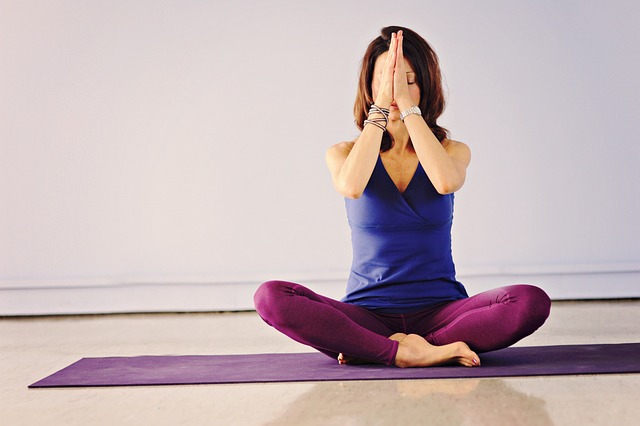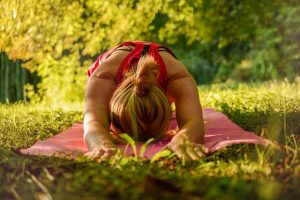Introduction
Benefits of Yoga
Yoga is not just a physical exercise; it’s a holistic practice that promotes mental, emotional, and spiritual well-being. Through a combination of physical postures, breathwork, and meditation, yoga offers numerous benefits for individuals seeking inner peace and self-discovery.
Understanding Yoga
Origins of Yoga
Yoga has its roots in ancient India and has been practiced for millennia. It encompasses a range of techniques aimed at harmonizing the body, mind, and spirit to achieve a state of balance and unity.
Physical and Mental Benefits
Stress Reduction
One of yoga’s greatest benefits lies in its capacity to diminish stress and foster relaxation. The practice of yoga encourages deep breathing, mindful movement, and present-moment awareness, all of which can help calm the nervous system and alleviate stress.
Practices for Inner Peace
Meditation and Breathing
Meditation and pranayama (breathwork) are integral components of yoga practice that can cultivate inner peace and self-awareness. By focusing on the breath and quieting the mind, individuals can access a state of deep relaxation and inner stillness.
Journey of Self-Discovery
Connecting Mind and Body
Yoga encourages individuals to connect with their bodies on a deeper level, fostering self-awareness and self-discovery. Through mindful movement and meditation, practitioners can explore their thoughts, emotions, and beliefs, gaining insight into their inner workings and cultivating a sense of inner peace and acceptance.
Incorporating Yoga into Daily Life
Morning Routine
Incorporating yoga into your daily routine can set a positive tone for the day ahead. A morning yoga practice can help you center yourself, set intentions for the day, and cultivate a sense of inner calm and resilience to navigate life’s challenges.
Yoga Retreats and Workshops
Immersive Experiences
For those seeking a deeper dive into their yoga practice, retreats and workshops offer immersive experiences that can facilitate profound transformation and self-discovery. These retreats often include yoga classes, meditation sessions, group discussions, and opportunities for reflection and introspection in a supportive and nurturing environment.
Conclusion
In conclusion, yoga is a powerful tool for cultivating inner peace and self-discovery. By incorporating yoga into your daily life and exploring its various practices and teachings, you can embark on a journey of self-exploration and personal growth that leads to greater clarity, fulfillment, and inner harmony.
FAQs
Is yoga suitable for beginners?
Yes, yoga is suitable for individuals of all ages and fitness levels, including beginners. Many yoga classes offer modifications and variations to accommodate different abilities and experiences.
Can yoga help with anxiety and depression?
Yes, research has shown that yoga can be an effective complementary therapy for managing anxiety, depression, and other mental health conditions. The combination of physical movement, breathwork, and mindfulness practices can help alleviate symptoms and promote emotional well-being.
What type of yoga is best for stress relief?
Practices like hatha yoga, gentle yoga, restorative yoga, and yin yoga are particularly effective for stress relief as they focus on slow, mindful movements and deep relaxation techniques.
How often should I practice yoga to experience benefits?
Even a few minutes of yoga practice each day can yield benefits, but aim for at least 2-3 sessions per week to experience noticeable improvements in physical and mental well-being.




